Search Results for: Vertebrates
Skip to resultsCan’t find what you’re looking for? Visit our FAQ page.
1,543 results for: Vertebrates
-
 Animals
AnimalsA frog’s story of surviving a fungal pandemic offers hope for other species
Evolving immunity to the Bd fungus and a reintroduction project saved a California frog. The key to rescuing other species might be in the frog’s genes.
-
 Animals
AnimalsCan leeches leap? New video may help answer that debate
For some, it’s the stuff of nightmares. But a grad student’s serendipitous cell phone video might resolve a long-running debate over leech acrobatics.
By Susan Milius -
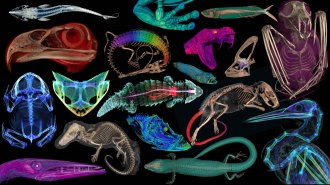 Animals
AnimalsSee 3-D models of animal anatomy from openVertebrate’s public collection
Over six years, researchers took CT scans of over 13,000 vertebrates to make museum collections more easily accessible to researchers and the public.
-
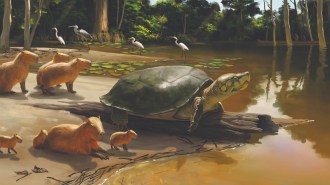 Paleontology
PaleontologyAn extinct sofa-sized turtle may have lived alongside humans
Peltocephalus maturin was one of the biggest turtles ever, but unlike similarly sized prehistoric freshwater turtles, it lived thousands of years ago.
By Jake Buehler -
 Neuroscience
NeuroscienceAncient viruses helped speedy nerves evolve
A retrovirus embedded in the DNA of some vertebrates helps turn on production of a protein needed to insulate nerve cells, aiding speedy thoughts.
-
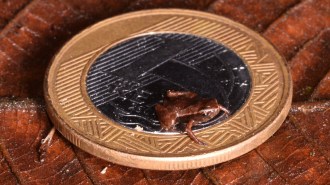 Animals
AnimalsThe Brazilian flea toad may be the world’s smallest vertebrate
Brazilian flea toads are neither a flea nor a toad, but they are almost flea-sized. The frogs are small enough to fit on a pinkie fingernail.
-
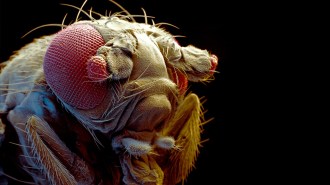 Life
LifeThe fruit fly revolutionized biology. Now it’s boosting science in Africa
African researchers are using Drosophila melanogaster fruit flies to advance studies of genetics, biomedicine, developmental biology, toxicology and more.
-
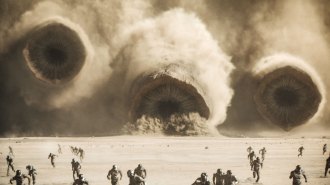 Planetary Science
Planetary ScienceThe desert planet in ‘Dune’ is plausible, according to science
Humans could live on the fictional planet Arrakis from Dune but (thankfully) no giant sandworms would menace them.
-
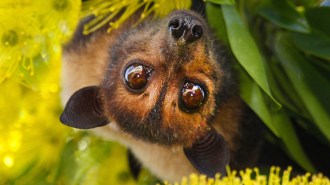 Ecosystems
EcosystemsA new road map shows how to prevent pandemics
Past viral spillover events underscore the importance of protecting wildlife habitats.
-
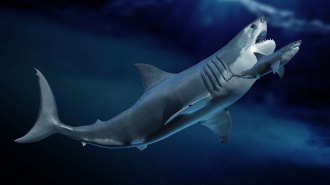 Life
LifeMegalodon, the largest shark ever, may have been a long, slender giant
The ancient shark is typically imagined with the scaled-up stout frame of a modern great white. But in life, the giant may have been more elongated.
By Jake Buehler -
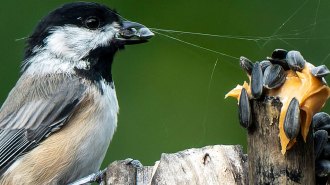 Neuroscience
NeuroscienceChickadees use memory ‘bar codes’ to find their hidden food stashes
Unique subsets of neurons in a chickadee’s memory center light up for each distinct cache, hinting at how episodic memories are encoded in the brain.
By Jake Buehler -
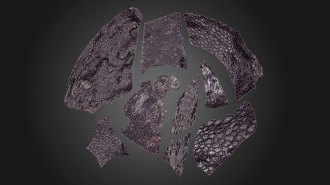 Paleontology
PaleontologyThe oldest known fossilized skin shows how life adapted to land
The nearly 290 million-year-old cast belonged to a species of amniotes, four-legged vertebrates that today comprises all reptiles, birds and mammals.
By Nikk Ogasa